Home>Garden Essentials>What Is Organic Seed
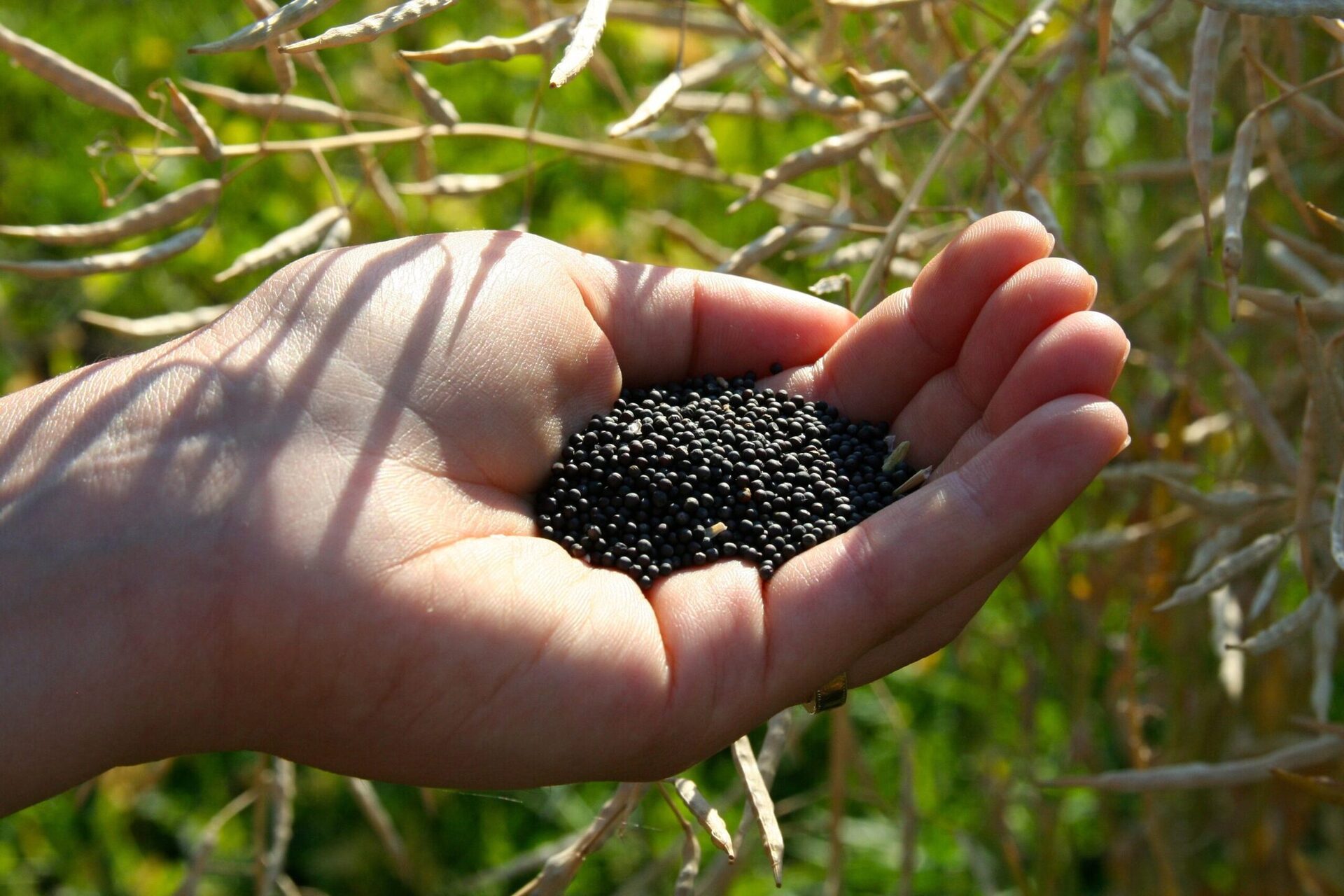

Garden Essentials
What Is Organic Seed
Modified: August 27, 2024
"Discover the benefits of using organic seed for your garden and learn how it can enhance the health and productivity of your plants."
(Many of the links in this article redirect to a specific reviewed product. Your purchase of these products through affiliate links helps to generate commission for Storables.com, at no extra cost. Learn more)
Introduction
When it comes to gardening, using organic methods is becoming increasingly popular among both seasoned gardeners and newcomers to the world of plants. One of the key components of organic gardening is the use of organic seeds. But what exactly are organic seeds, and why are they important in creating a thriving, sustainable garden?
Organic seeds are seeds that have been produced and harvested using organic farming practices. These practices involve avoiding the use of synthetic fertilizers, pesticides, and genetically modified organisms (GMOs) throughout the entire seed production process. The goal is to maintain the integrity of the seed and ensure it is free from any chemical residues.
Organic seeds possess unique characteristics that set them apart from conventional seeds. They are not only free from chemical contaminants, but they are also more nutritious, resilient, and well-adapted to their specific growing conditions. These attributes make them an excellent choice for gardeners who prioritize sustainability, health, and environmental stewardship.
Choosing organic seeds for your garden not only benefits the plants themselves but also contributes to a larger movement towards sustainable agriculture. By supporting organic farming practices, you are reducing your carbon footprint, protecting biodiversity, and promoting healthier ecosystems.
In this article, we will dive deeper into the definition, characteristics, benefits, challenges, regulations, and importance of using organic seeds in your garden. Whether you are an experienced gardener looking to transition to organic methods or a beginner wanting to start your gardening journey on a sustainable note, this article will equip you with the knowledge and motivation to embrace organic seeds.
Key Takeaways:
- Choose organic seeds for a healthier garden and environment. They’re chemical-free, support biodiversity, and promote sustainable agriculture, providing nutrient-rich produce while minimizing environmental impact.
- Embrace organic seeds to cultivate a thriving, eco-friendly garden. They prioritize plant and environmental health, support biodiversity, and contribute to sustainable food systems.
Read more: What Is A Seed?
Definition of Organic Seed
Organic seed refers to seeds that are produced and handled according to organic farming standards. These standards are established and regulated by various organizations, such as the United States Department of Agriculture (USDA) in the United States, and the European Union’s Organic Regulation.
To be considered organic, seeds must be grown using organic farming practices, which means they are cultivated without the use of synthetic fertilizers, pesticides, and genetically modified organisms (GMOs). Organic seed production follows strict guidelines to ensure that the seeds are free from chemical residues and produced in an environmentally sustainable manner.
Organic seed production begins with the selection of parent plant varieties that are themselves organically grown and bred for their specific traits. These parent plants are carefully maintained to prevent cross-pollination with non-organic plants and to preserve the genetic purity of the seeds.
In addition to the cultivation process, organic seed treatment also adheres to strict guidelines. Any treatments, such as coatings or priming, must only use approved organic substances and cannot contain any synthetic chemicals.
The documentation and traceability of organic seeds are also crucial. To maintain the integrity of organic seeds, a proper record-keeping system is established, documenting each step in the production process, starting from seed sourcing to packaging and labeling. This ensures transparency and allows consumers to have confidence in the organic origin of the seeds they purchase.
It’s important to note that the term “organic” can also apply to seeds that are used for organic farming, even if they are not certified organic themselves. These seeds must meet specific criteria, such as being untreated with synthetic substances and being free from GMOs.
Overall, the definition of organic seed goes beyond just the absence of synthetic chemicals. It encompasses the entire lifecycle of the seed, from the production and handling to the labeling and certification processes, all aimed at providing gardeners with seeds that align with organic farming principles.
Characteristics of Organic Seed
Organic seeds possess several unique characteristics that set them apart from conventional seeds. These characteristics are a result of the organic farming practices used during their production. Let’s explore the key characteristics of organic seeds:
- Chemical-Free: Organic seeds are free from chemical residues, as they are cultivated without the use of synthetic fertilizers, pesticides, or GMOs. This ensures that the seeds are not contaminated with harmful substances, promoting the health of both plants and gardeners.
- Genetic Integrity: Organic seeds are carefully selected and maintained to preserve their genetic purity. This means that the seeds are true to the parent plant and have not been cross-pollinated with non-organic varieties. By maintaining genetic integrity, organic seeds ensure consistency and reliability in terms of plant characteristics and performance.
- Higher Nutritional Value: Organic seeds are known to have higher nutritional value compared to conventional seeds. They are grown in soils enriched with organic matter, which leads to higher nutrient content in the plants and, consequently, in the seeds. This can translate into healthier, more nutritious crops when the seeds are sown.
- Resilience: Organic seeds are naturally more resilient and adapted to their specific growing conditions. By being exposed to natural elements and not relying on synthetic inputs, organic plants develop stronger immune systems and defense mechanisms, making them more resistant to pests, diseases, and adverse environmental conditions.
- Biodiversity Conservation: Organic seed production promotes biodiversity conservation. Organic farmers prioritize the use of diverse seed varieties, including heirlooms and open-pollinated varieties, which preserves genetic diversity and prevents the loss of unique plant traits. In turn, this helps maintain healthy ecosystems and ensures the long-term availability of various plant species.
- Sustainable Agriculture: Organic seeds contribute to overall sustainable agriculture practices. By avoiding synthetic chemicals, organic farming reduces the release of harmful pollutants into the environment, preserves soil health and fertility, and supports the overall balance of ecosystems. Organic seeds are a crucial component of sustainable farming systems that aim to protect the Earth’s natural resources for future generations.
These characteristics make organic seeds an excellent choice for gardeners who prioritize environmental sustainability, chemical-free cultivation, and the production of nutritious and resilient plants. By selecting organic seeds, you are not only ensuring a healthier and more sustainable garden but also supporting a larger movement towards a greener and more sustainable agriculture system.
Benefits of Organic Seed
Choosing organic seeds for your garden comes with a multitude of benefits. These benefits extend beyond just the health of the plants themselves, impacting the environment, ecosystem, and even human health. Let’s explore the key benefits of using organic seeds:
- Chemical-Free Gardening: Organic seeds are produced without the use of synthetic fertilizers, pesticides, or GMOs. By choosing organic seeds, you can have peace of mind knowing that your garden is free from harmful chemical residues. This promotes a safer and healthier gardening experience for you, your family, and the surrounding ecosystem.
- Improved Plant Health: Organic seeds have a higher potential for producing healthier and more robust plants. As organic seeds are grown in nutrient-rich soil with a diverse range of beneficial microorganisms, they have access to a more balanced and natural source of nutrition. This results in plants that are stronger, more disease-resistant, and better able to withstand environmental stressors.
- Eco-Friendly Gardening: Organic seed production practices prioritize sustainability and minimize harm to the environment. By avoiding the use of synthetic chemicals, organic farming reduces pollution of waterways and soil degradation. Organic seeds contribute to the conservation of biodiversity, protecting beneficial insects, birds, and other wildlife essential for a healthy and thriving ecosystem.
- Preservation of Genetic Diversity: Organic seed producers often focus on maintaining and promoting heirloom and open-pollinated varieties. These traditional seeds possess unique traits and genetic diversity that can be lost in mass-produced, hybridized varieties. By supporting organic seeds, you play a vital role in preserving the genetic diversity of plant species, ensuring their availability for generations to come.
- Healthier Food: Organic seeds produce crops that are free from chemical residues. When you grow your own organic food using organic seeds, you have complete control over the cultivation process, allowing you to grow nutrient-dense fruits, vegetables, and herbs that nourish your body with the highest quality, chemical-free produce.
- Support for Organic Farming: By purchasing and using organic seeds, you are actively supporting organic farmers and their commitment to sustainable agricultural practices. This support helps strengthen the organic farming community, encourages more farmers to transition to organic methods, and promotes a healthier and more sustainable food system overall.
Overall, the benefits of using organic seeds extend far beyond the boundaries of your garden. They contribute to a greener, more sustainable world, support biodiversity, and provide you with the satisfaction of knowing that you are making a positive impact on the environment and the quality of the food you consume.
When looking for organic seeds, make sure they are certified by a reputable organization like the USDA. This ensures they are free from synthetic chemicals and GMOs.
Challenges in Organic Seed Production
While organic seed production offers numerous benefits, it also comes with its fair share of challenges. These challenges arise mainly due to the stricter guidelines and practices involved in organic farming. Let’s explore some of the key challenges faced in organic seed production:
- Pest and Disease Management: Organic farmers rely on natural pest and disease management methods, which can be more time-consuming and labor-intensive than conventional chemical-based solutions. Organic seed producers face the challenge of finding effective organic pest control methods and disease-resistant seed varieties to ensure a healthy crop that meets the required organic standards.
- Weed Control: Controlling weeds without the use of synthetic herbicides is a significant challenge in organic seed production. Organic farmers employ various methods such as crop rotation, manual weeding, mulching, and cover cropping to minimize weed competition. However, managing weed pressure can be challenging, especially in large-scale production systems.
- Cross-Pollination: Preventing cross-pollination between organic and non-organic plant varieties is crucial to maintain the genetic purity of organic seeds. However, it can be difficult to completely control pollen flow, particularly in regions with a high concentration of non-organic crops. Organic seed producers must employ careful planning and isolation techniques to minimize the risk of cross-pollination.
- Seed Sourcing and Availability: Finding a reliable source of organic seeds can be a challenge, especially for lesser-known or exotic plant varieties. Organic seed producers must ensure that the seeds they source are in line with organic standards, which may require extensive research and collaboration with other organic seed producers or suppliers.
- Knowledge and Expertise: Organic seed production requires specialized knowledge and expertise in organic farming practices, seed selection, isolation techniques, and seed handling. It can be challenging for new growers to acquire the necessary knowledge and skills, leading to a limited number of experienced organic seed producers.
- Economic Viability: Organic seed production can be financially challenging, as it often requires more labor and stricter compliance with organic standards. The higher cost of organic seeds and lack of market demand for organic products in some regions can also pose economic challenges for organic seed producers.
Despite these challenges, dedicated organic seed producers continue to work diligently to overcome these obstacles and contribute to the availability of high-quality organic seeds. Through innovation, collaboration, and knowledge sharing, organic seed production continues to grow and meet the increasing demand for organic gardening and farming practices.
Read more: What Is Germinate
Organic Seed Regulations and Certification
Organic seed production is highly regulated to ensure the integrity and quality of organic seeds. These regulations help maintain the standards and practices required for organic farming. Let’s delve into the regulations and certification processes that govern organic seed production:
In many countries, including the United States and members of the European Union, organic seed production falls under the purview of organic farming regulations. These regulations establish criteria and guidelines that organic seed producers must adhere to in order to maintain organic certification. Here are key aspects of organic seed regulations:
- Seed Sourcing: Certified organic seed producers must source their seed from organic farms whenever possible. This applies to both the parent plants used for seed production and any purchased seeds or propagules.
- Land Management: Organic seed producers must implement organic land management practices to maintain healthy soil and minimize the use of synthetic fertilizers, pesticides, and herbicides. This includes crop rotation, cover cropping, and composting to maintain soil fertility and biodiversity.
- Genetic Purity: Maintaining the genetic purity of organic seeds is crucial. Organic seed producers must employ various isolation techniques, such as distance requirements or physical barriers, to prevent cross-pollination with non-organic varieties and maintain the genetic integrity of the seeds.
- Record Keeping: Organic seed producers are required to maintain detailed records of all their seed production activities. This includes seed sourcing, planting dates, cultivation practices, and any treatments applied. These records must be maintained for a specific period and be available for inspection by certifying bodies.
- Certification Process: Organic seed producers must undergo a certification process to obtain organic certification. This process involves a thorough review of their production practices, farm management systems, and compliance with organic regulations. Certifying bodies, accredited by the relevant regulatory authorities, conduct inspections and audits to ensure compliance.
- Labeling and Identification: Organic seeds must be clearly labeled as organic to distinguish them from non-organic seeds. Certified organic seed producers must conform to labeling requirements, including appropriate logos, certifications, and other information that verifies the organic status of the seeds.
The certification process for organic seed production is rigorous and helps consumers have confidence in the organic origin and quality of the seeds they purchase. By ensuring adherence to organic regulations, certification provides a transparent and reliable system that promotes the growth and availability of organic seeds in the market.
It is important to note that organic seed certification may vary between countries and regions, so it is essential for organic seed producers to stay up to date with the specific regulations in their area.
Importance of Using Organic Seed
Using organic seeds in your garden is of utmost importance for several reasons. From environmental sustainability to personal health, organic seeds offer numerous benefits that contribute to a better future for both people and the planet. Here are the key reasons why using organic seeds is crucial:
- Chemical-Free Cultivation: Organic seeds are produced without the use of synthetic fertilizers, pesticides, and genetically modified organisms (GMOs). By using organic seeds, you can ensure that your garden is free from harmful chemical residues. This not only promotes the health of the plants but also reduces your exposure to potentially toxic substances.
- Protection of Biodiversity: Organic seeds play a vital role in preserving biodiversity. By supporting organic seed production, you contribute to the cultivation of diverse and traditional seed varieties that may otherwise be lost in large-scale commercial agriculture. This helps maintain genetic diversity, supports ecosystem resilience, and safeguards the future of our food systems.
- Support for Sustainable Agriculture: Organic seeds are a cornerstone of sustainable agriculture. By using organic seeds, you are actively participating in a farming system that prioritizes soil health, water conservation, and the protection of beneficial insects and wildlife. This supports a more balanced and long-term approach to food production that benefits both the environment and future generations.
- Healthier Soil and Nutrient-Rich Food: Organic seed cultivation promotes the use of organic matter and natural fertilizers, which contribute to healthier soil. This, in turn, leads to better nutrient absorption by plants, resulting in more nutritious and flavorsome produce. By growing your own food with organic seeds, you can enjoy the full benefits of fresh, nutrient-dense, and chemical-free food.
- Promotion of Pollinator Health: Organic seed production practices prioritize the use of flowering cover crops, diverse plantings, and the avoidance of pesticide use. This creates an environment that supports healthy pollinator populations, such as bees and butterflies. Pollinators are essential for the reproduction of many fruit and vegetable plants, contributing to higher yields and better crop quality.
- Closing the Organic Loop: When you use organic seeds, you are contributing to a closed-loop system of organic gardening. By saving seeds from your organically grown plants, you can continue to propagate and cultivate your own stock of organic seeds, reducing the dependence on external seed sources. This fosters self-sufficiency and resilience in your garden.
In summary, using organic seeds is a powerful way to make a positive impact on both the environment and your personal well-being. By choosing organic seeds, you promote sustainable agriculture, protect biodiversity, and nurture healthier plants and ecosystems. So, whether you are a seasoned gardener or just starting your gardening journey, be sure to opt for organic seeds to create a more sustainable and resilient garden for a better future.
Conclusion
Choosing to use organic seeds in your garden is not just a trend; it is a conscious decision that has far-reaching benefits for the environment, biodiversity, and personal health. Organic seeds, produced through sustainable farming practices, offer numerous advantages over conventional seeds.
Organic seeds are chemical-free, ensuring that your garden remains free from harmful residues and reducing your exposure to toxic substances. By supporting organic seed production, you are also contributing to the preservation of genetic diversity and the protection of valuable heirloom and open-pollinated varieties.
Organic seed cultivation promotes sustainable agriculture by prioritizing soil health, water conservation, and the protection of beneficial wildlife. It helps maintain healthy ecosystems, supports pollinator populations, and contributes to the resilience of our food systems.
Furthermore, using organic seeds allows you to grow nutrient-rich, flavorful produce while minimizing your impact on the environment. You can enjoy the satisfaction of knowing that the food you consume is free from synthetic chemicals and has been cultivated in a manner that respects our planet’s natural resources.
While organic seed production does come with its challenges, the efforts put into overcoming these obstacles by dedicated organic seed producers contribute to the availability and accessibility of high-quality organic seeds.
In conclusion, embracing organic seeds in your gardening journey is a step towards creating a sustainable future. By choosing organic seeds, you prioritize the health of your garden, the well-being of the environment, and the long-term sustainability of our food systems. So, let’s embrace the power of organic seeds and cultivate thriving, eco-friendly gardens that nourish both body and soul.
Frequently Asked Questions about What Is Organic Seed
Was this page helpful?
At Storables.com, we guarantee accurate and reliable information. Our content, validated by Expert Board Contributors, is crafted following stringent Editorial Policies. We're committed to providing you with well-researched, expert-backed insights for all your informational needs.
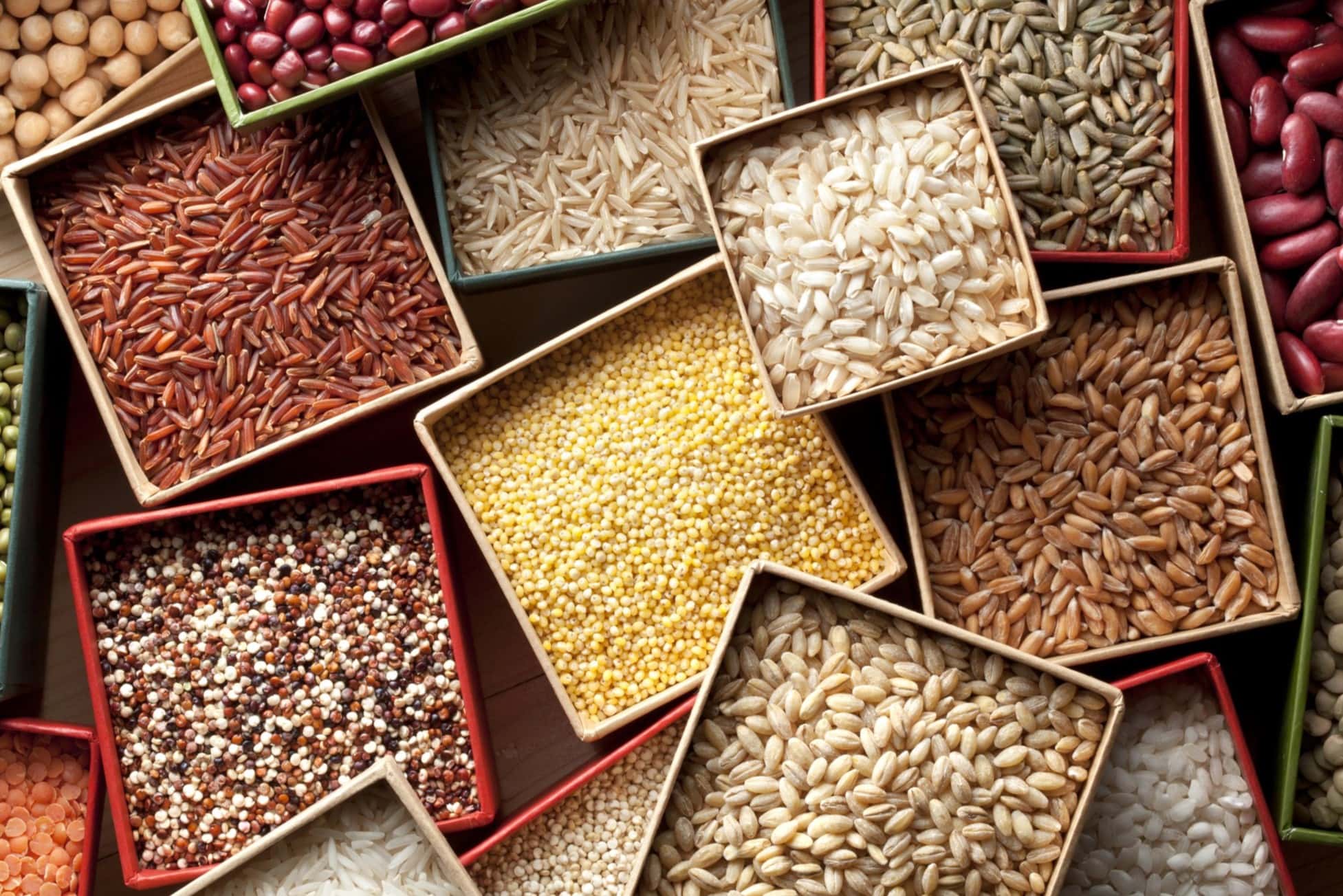
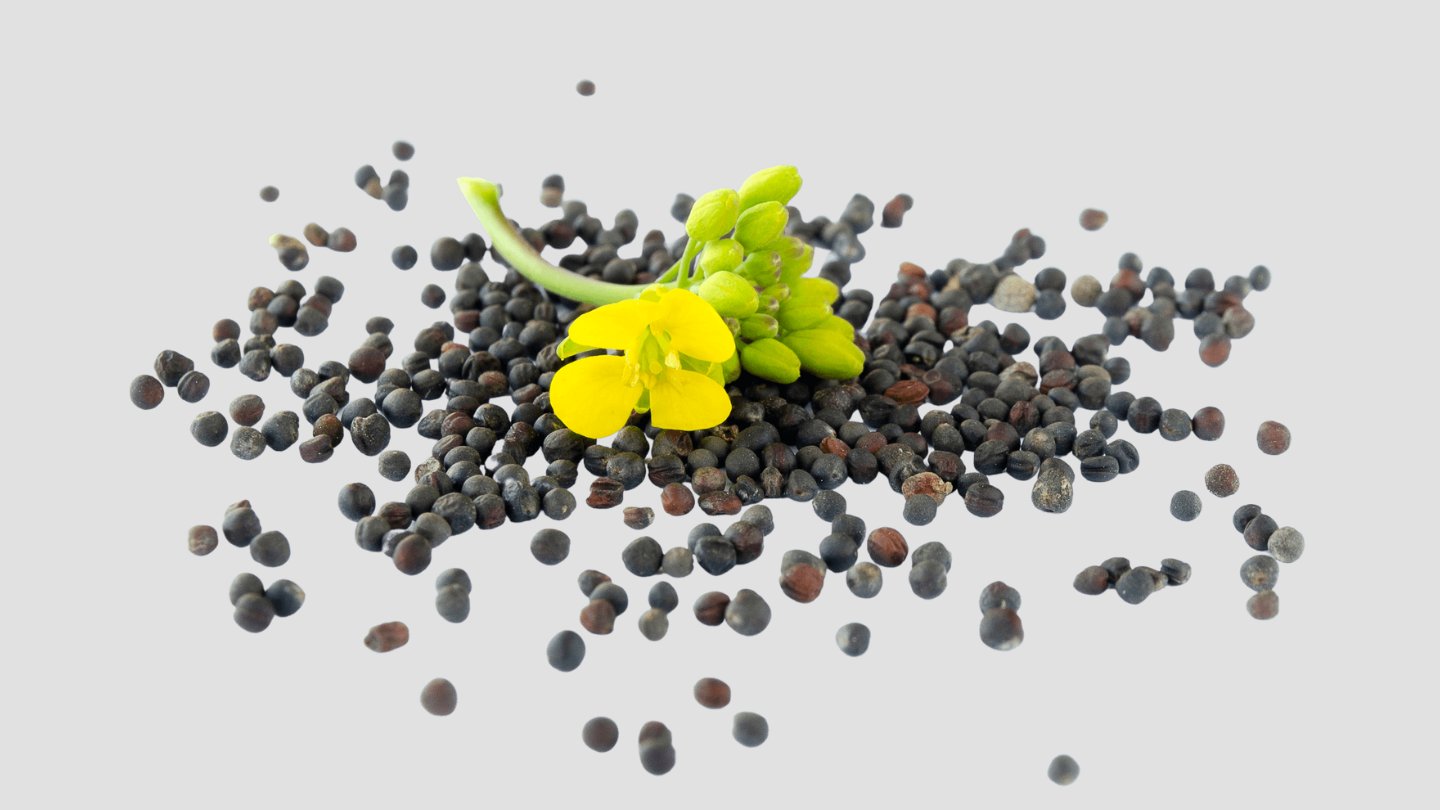
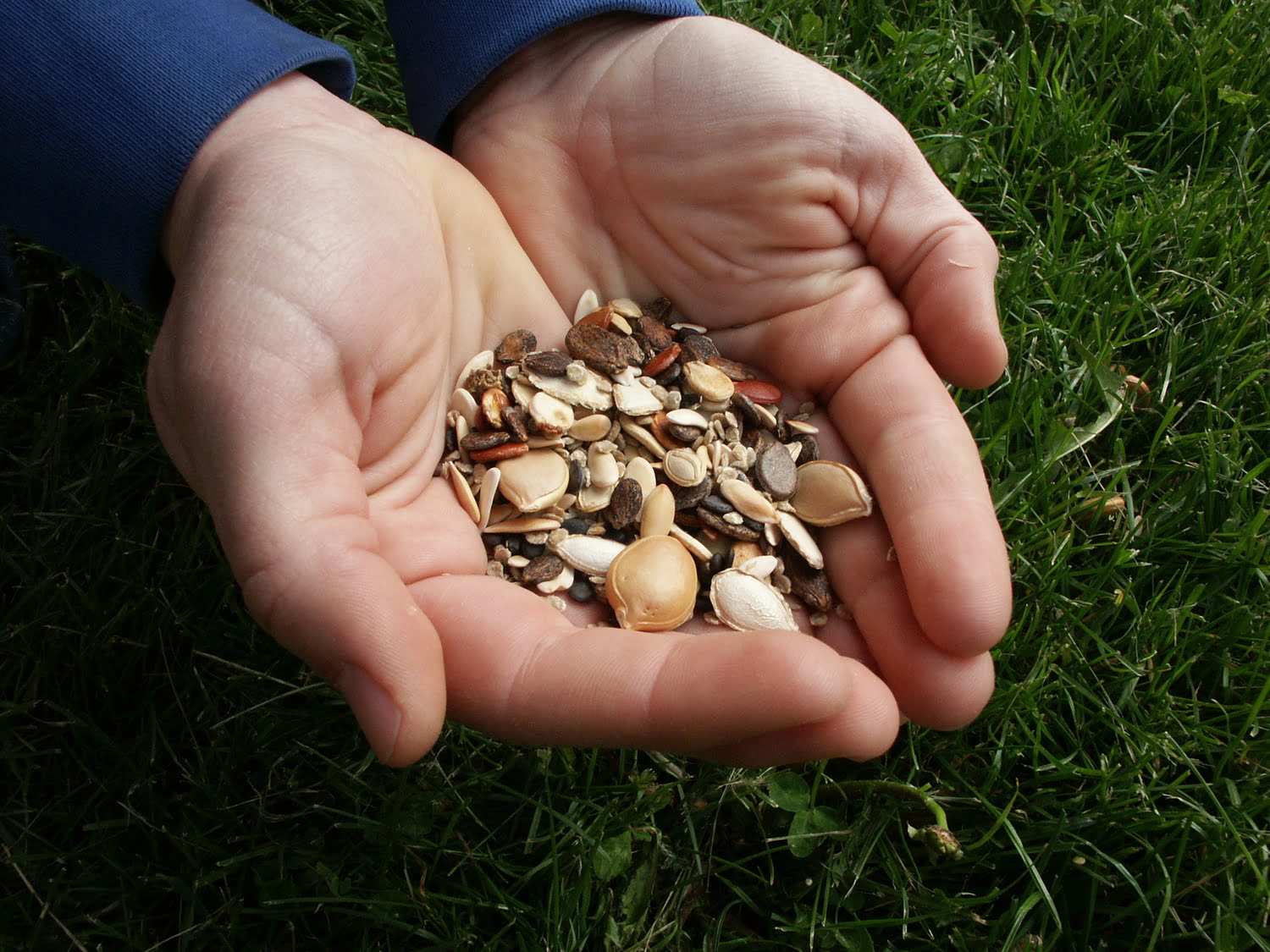
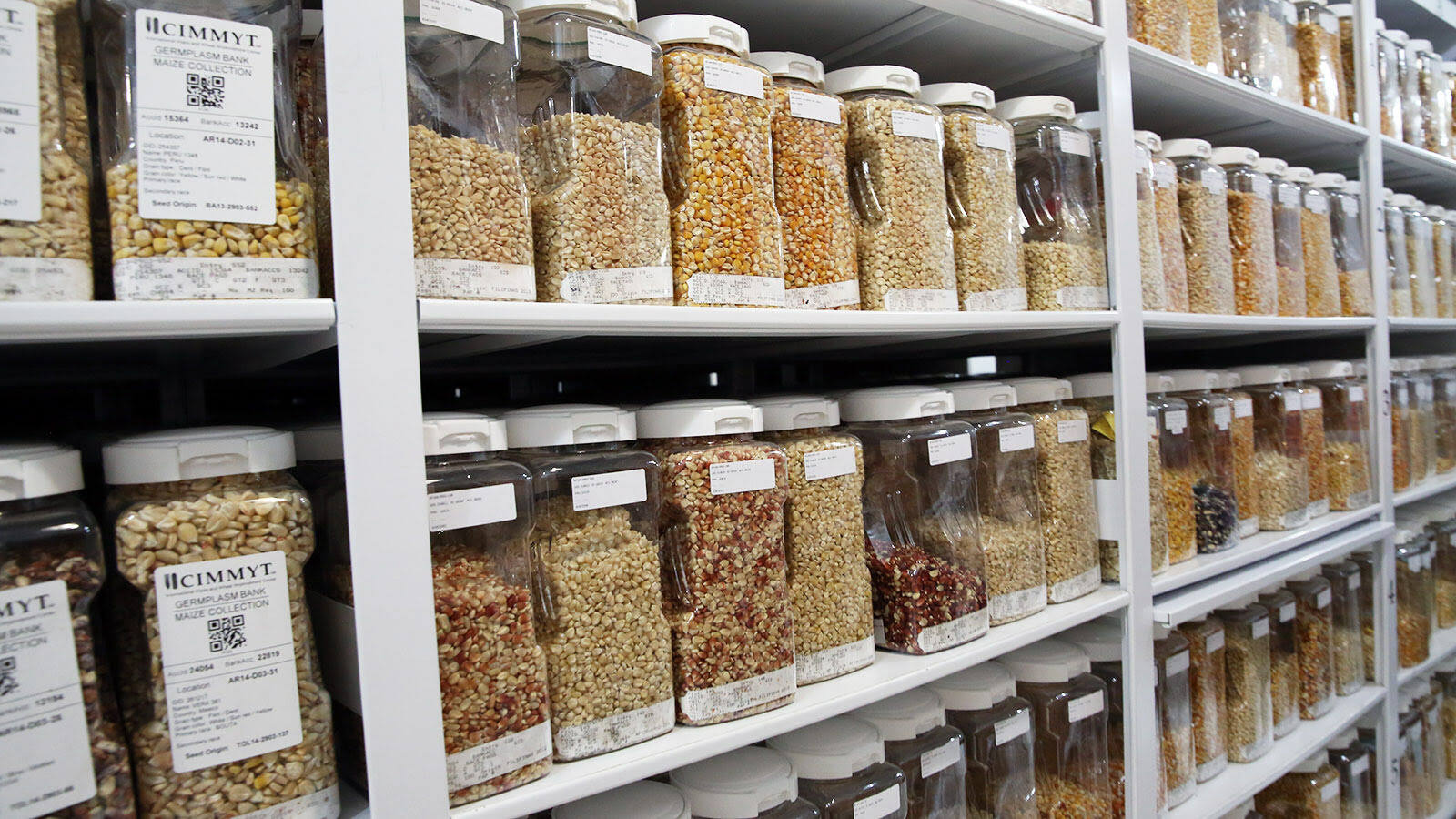
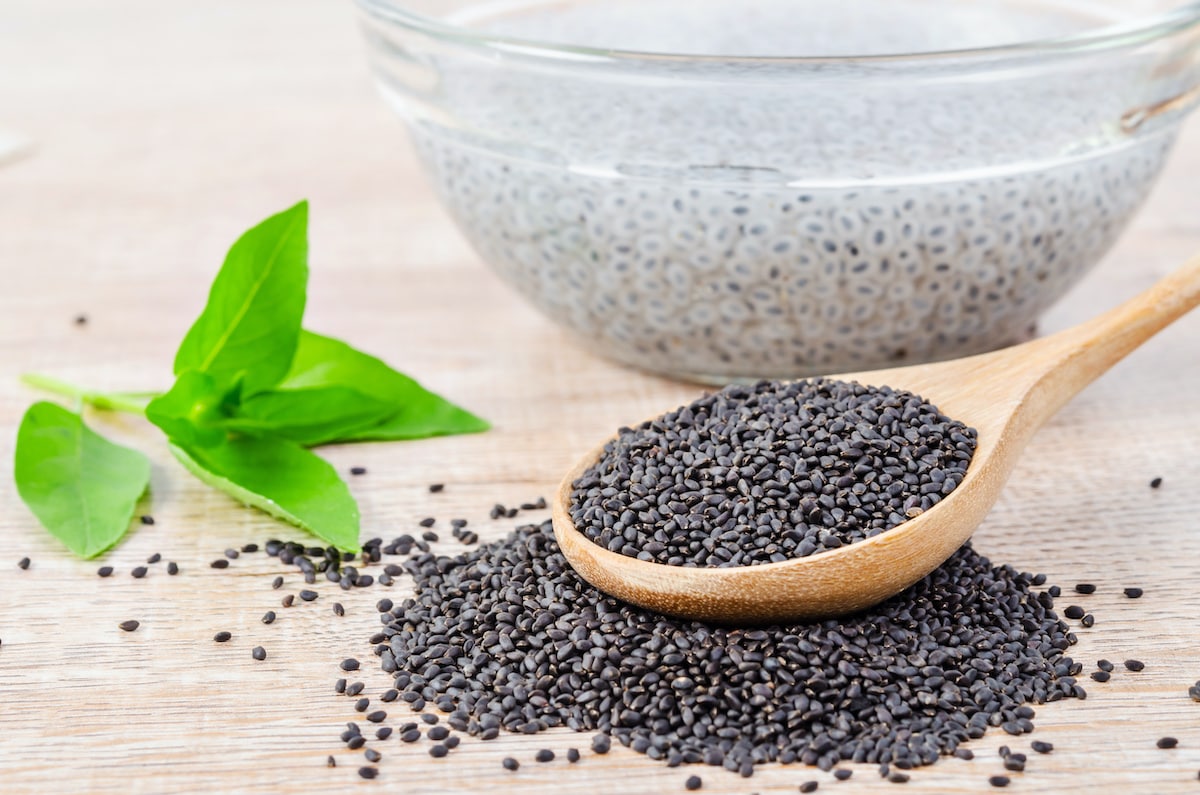
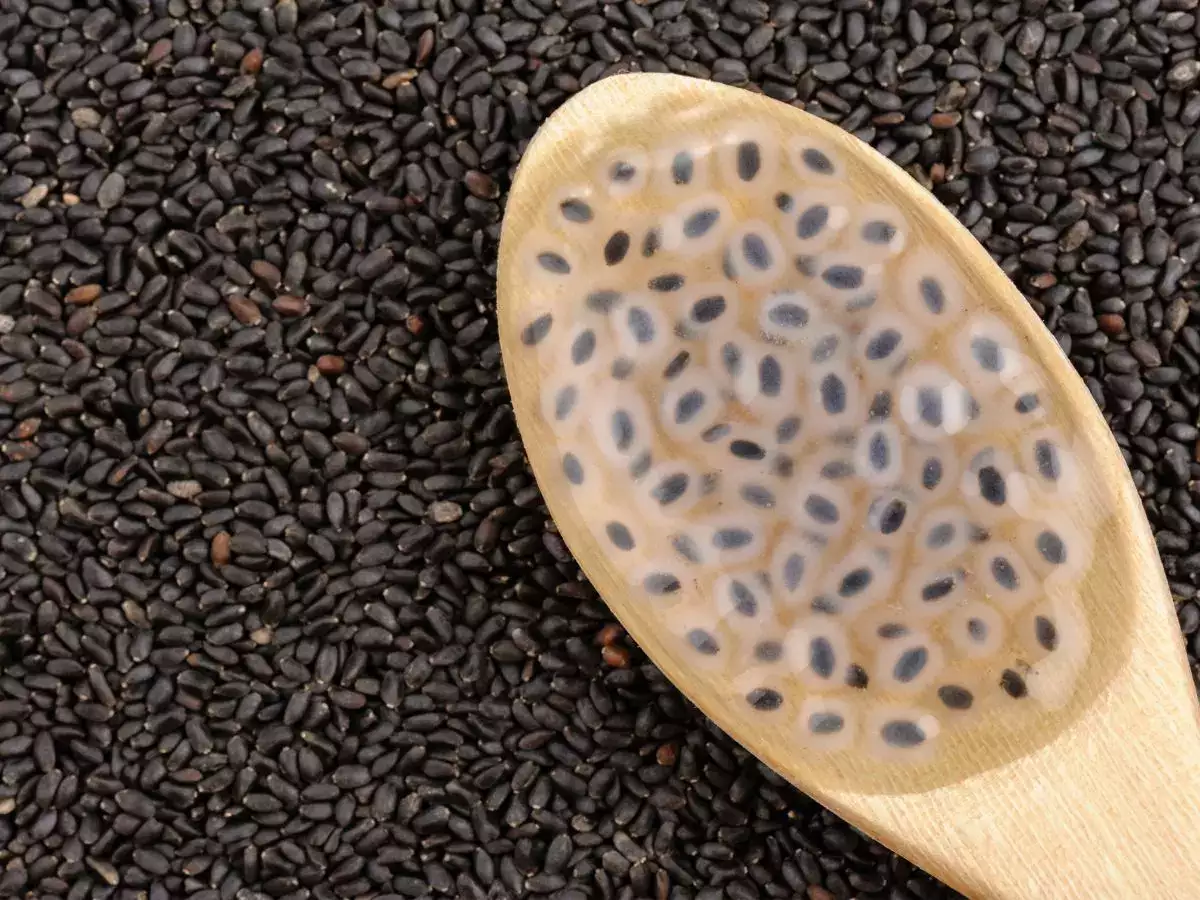
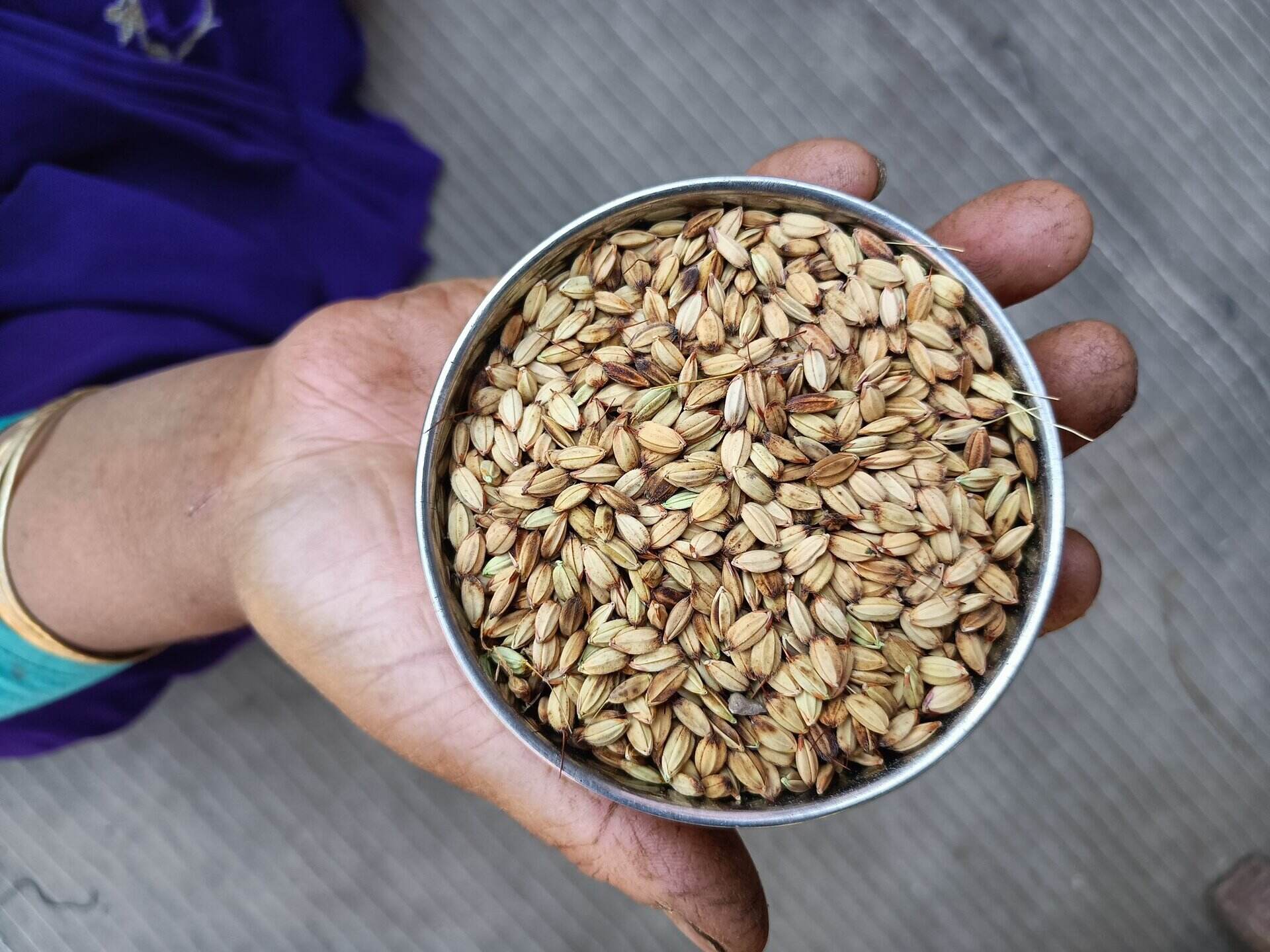
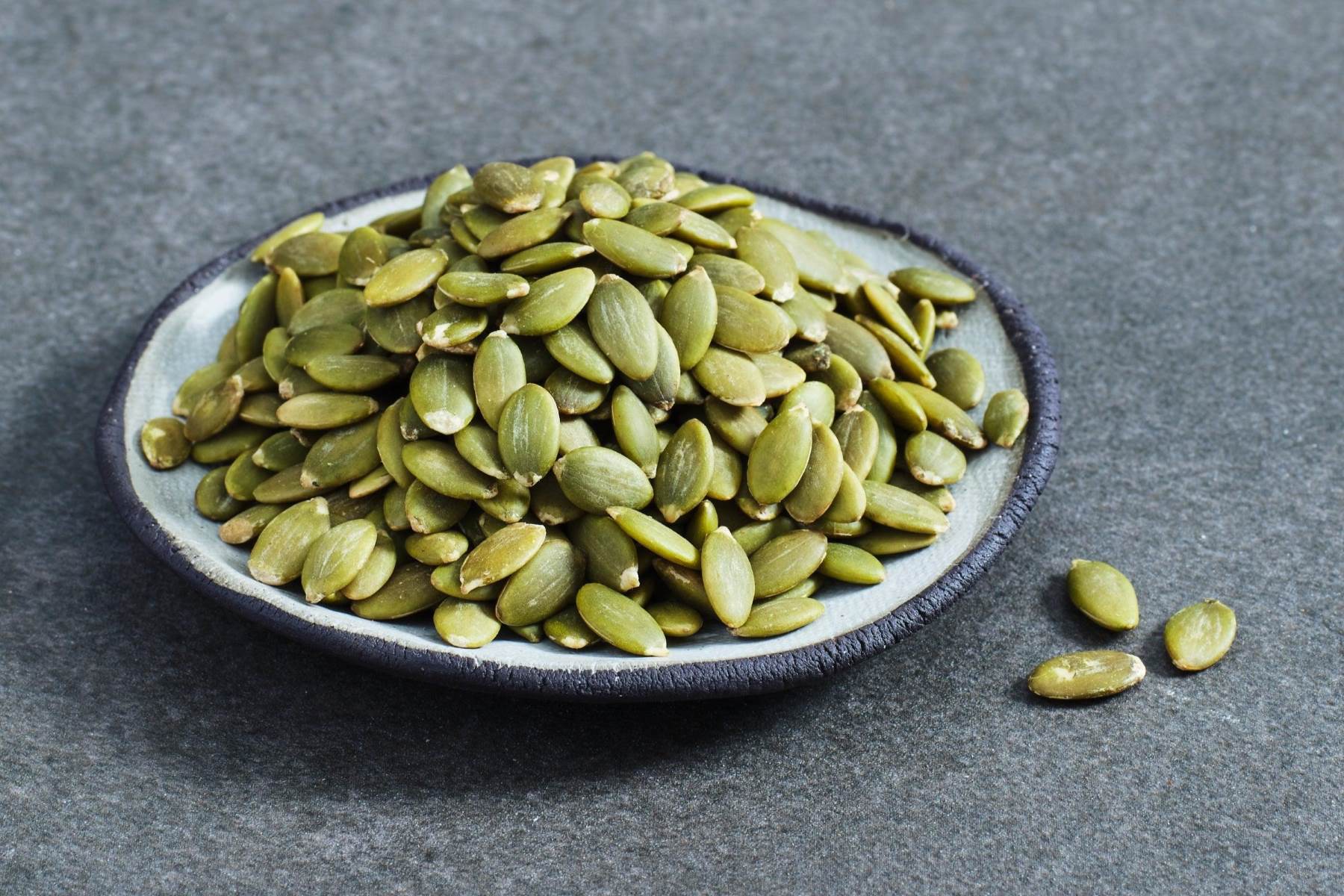
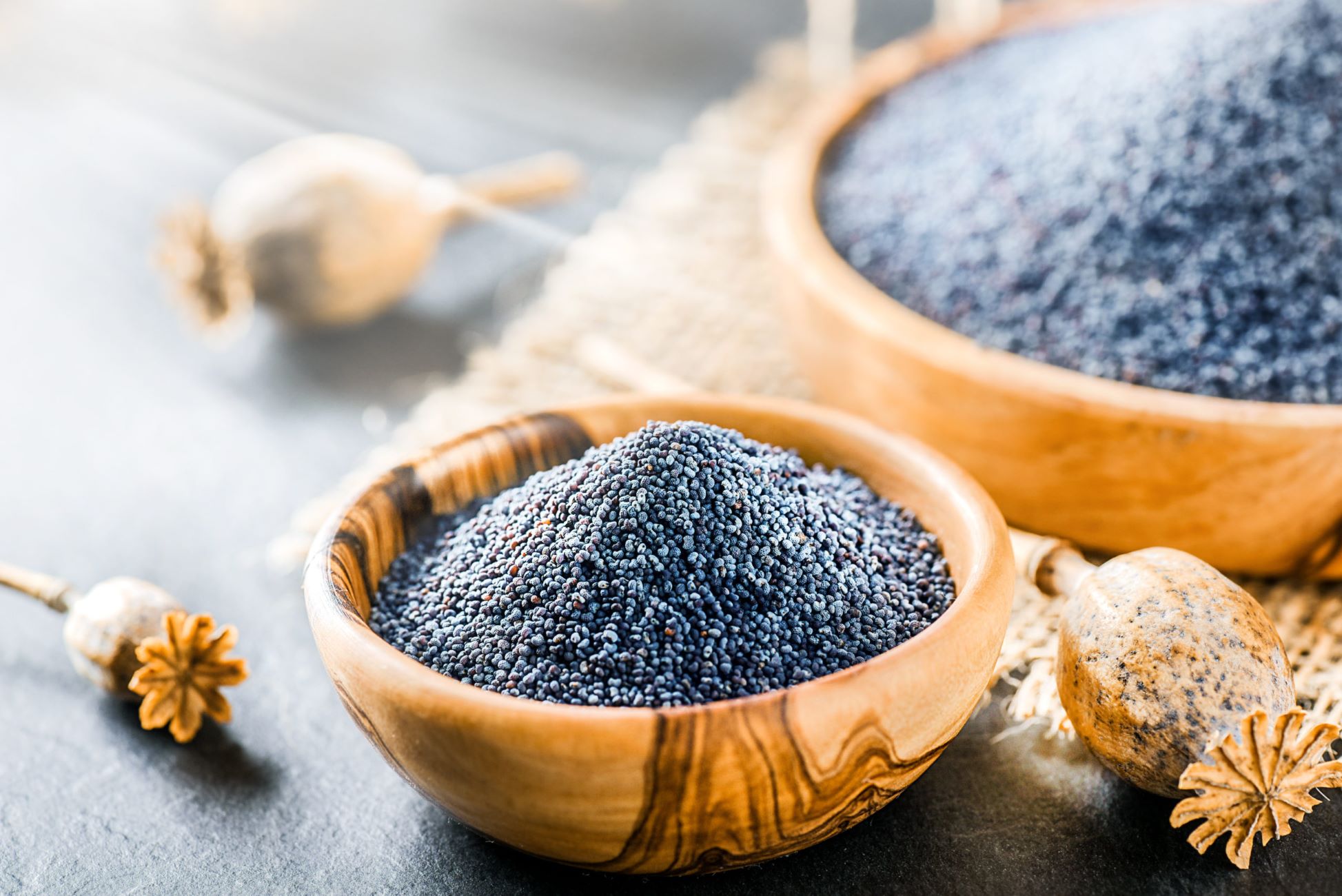
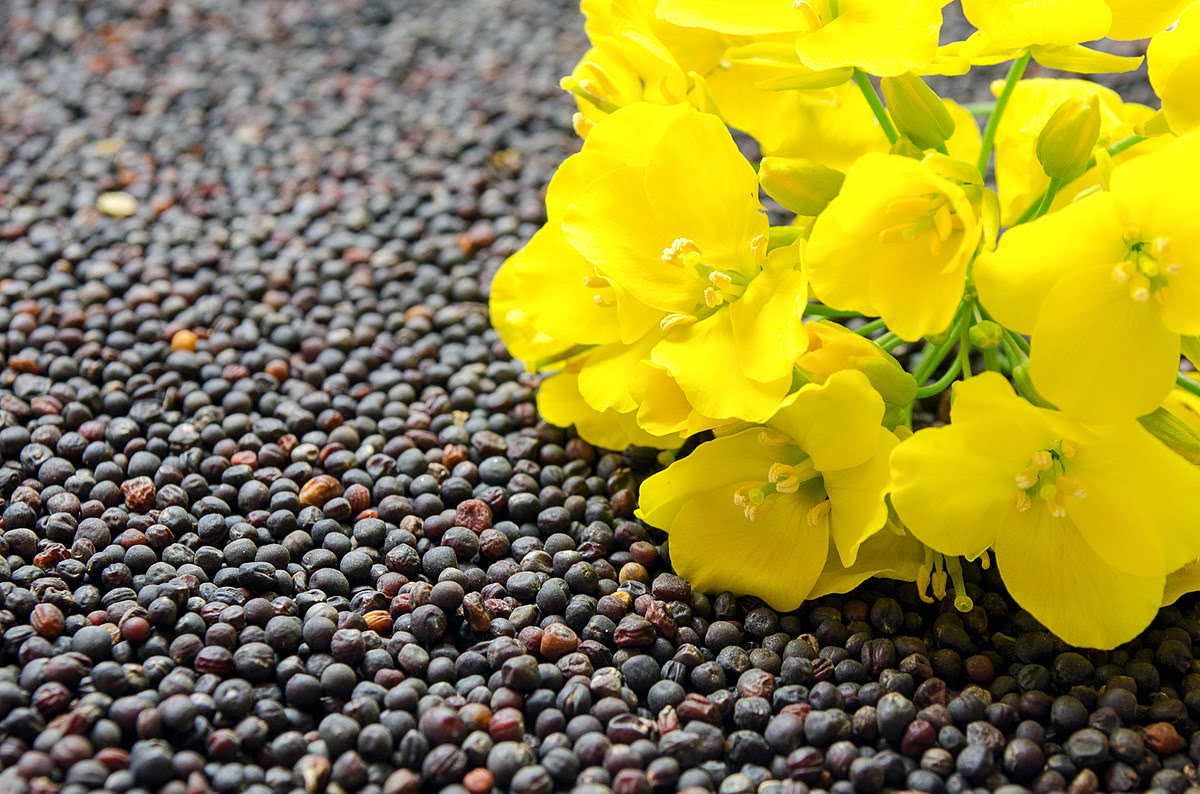
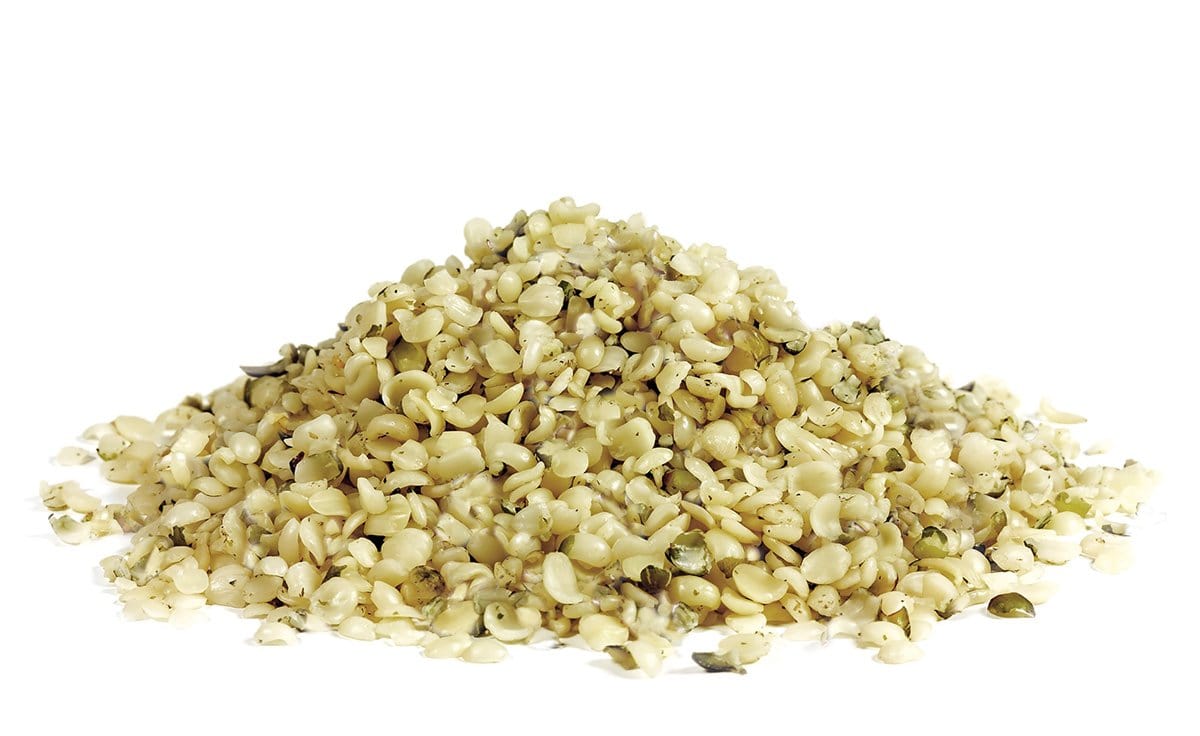
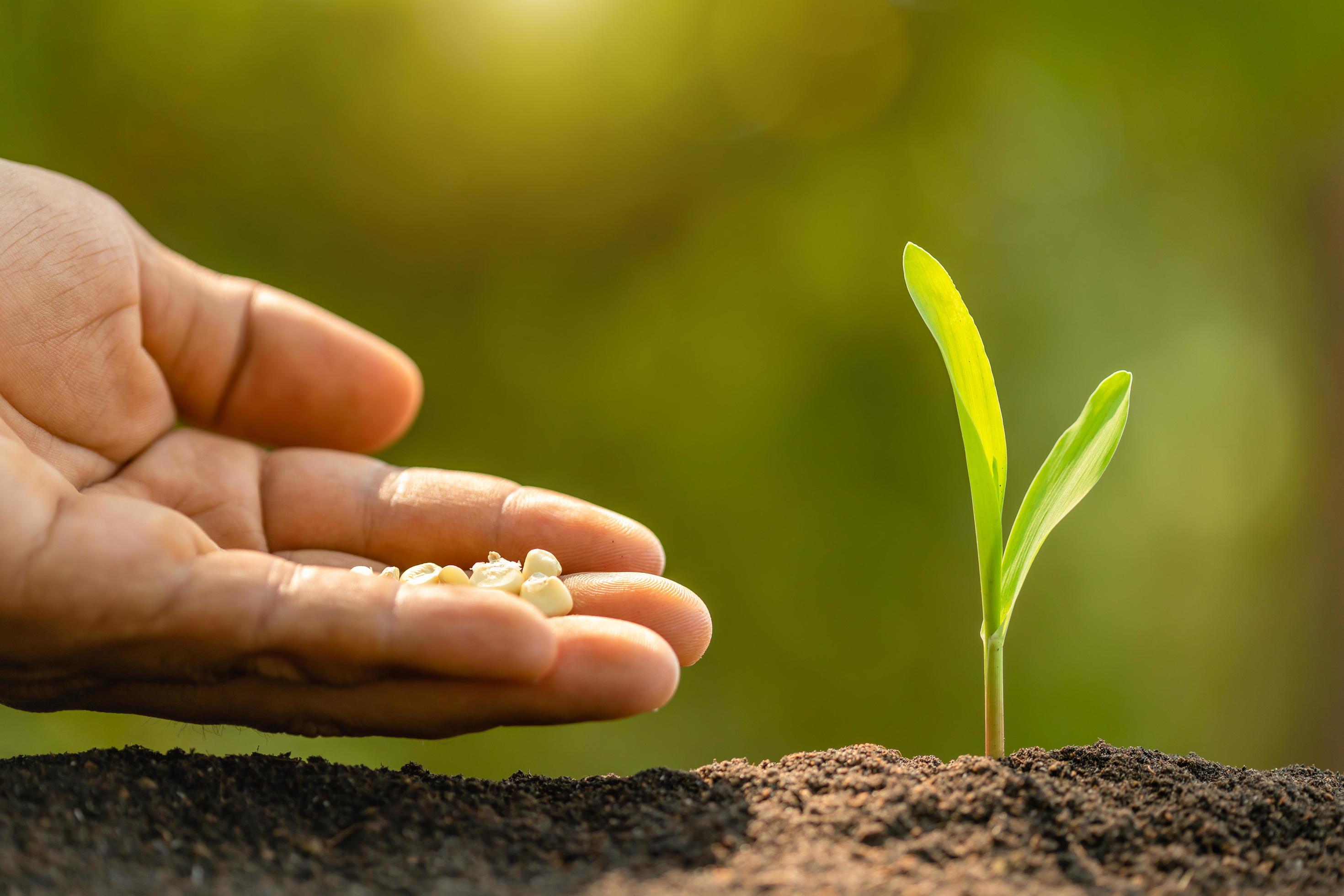
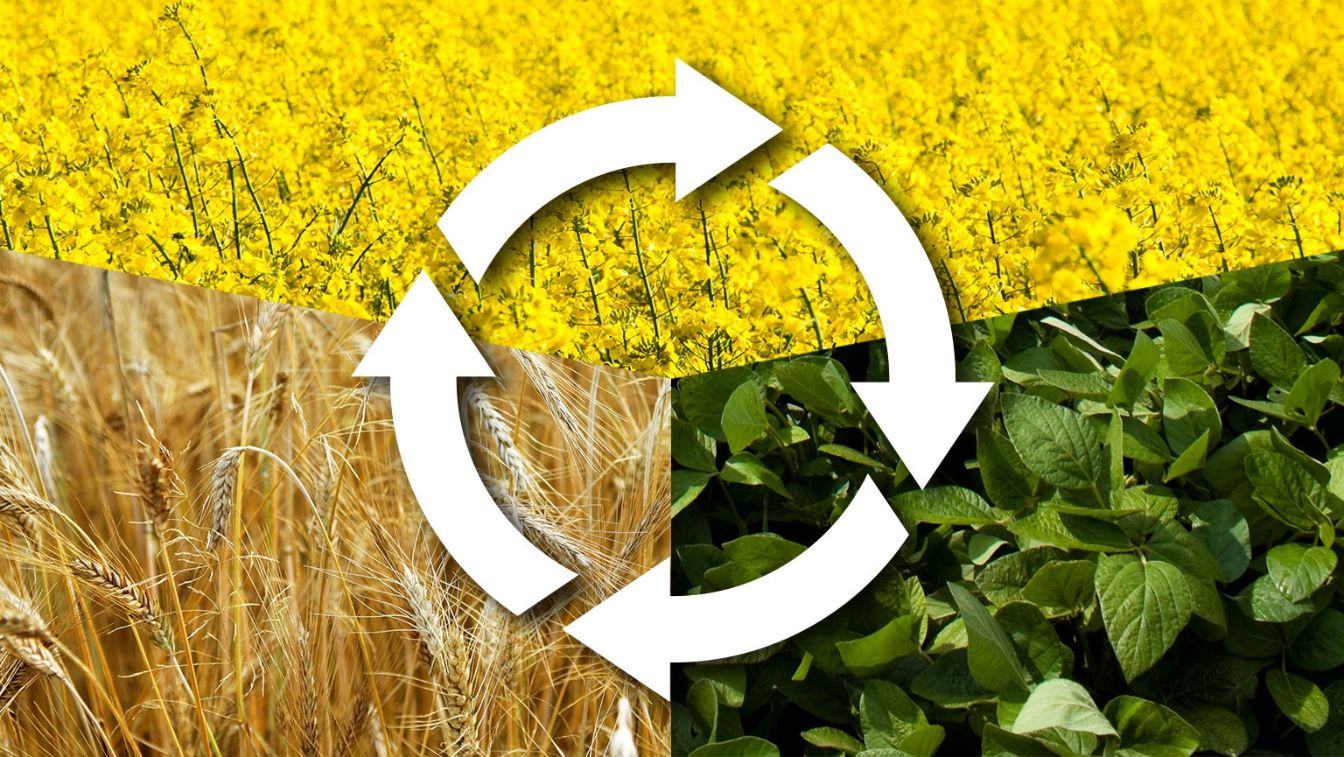
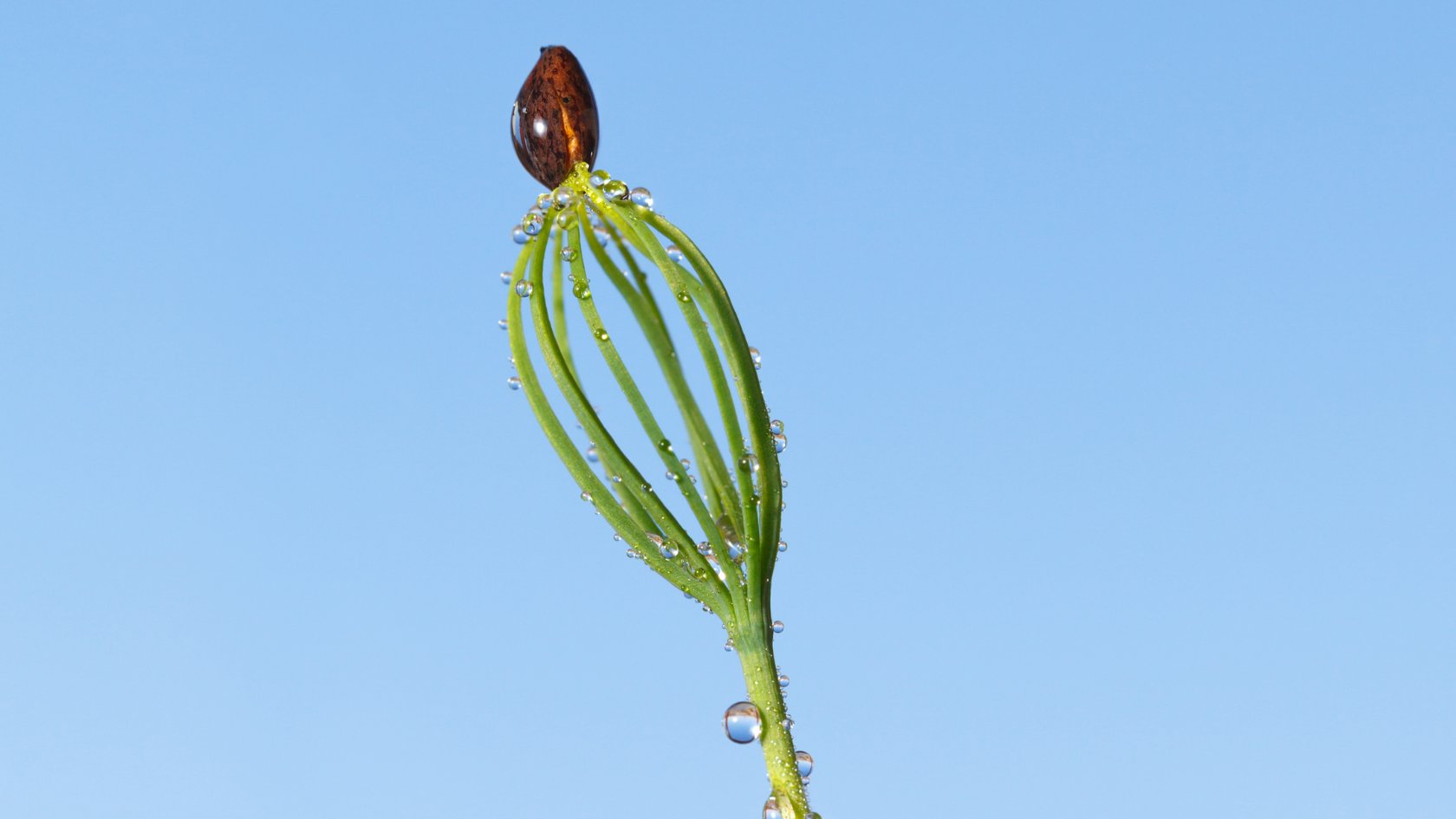

0 thoughts on “What Is Organic Seed”